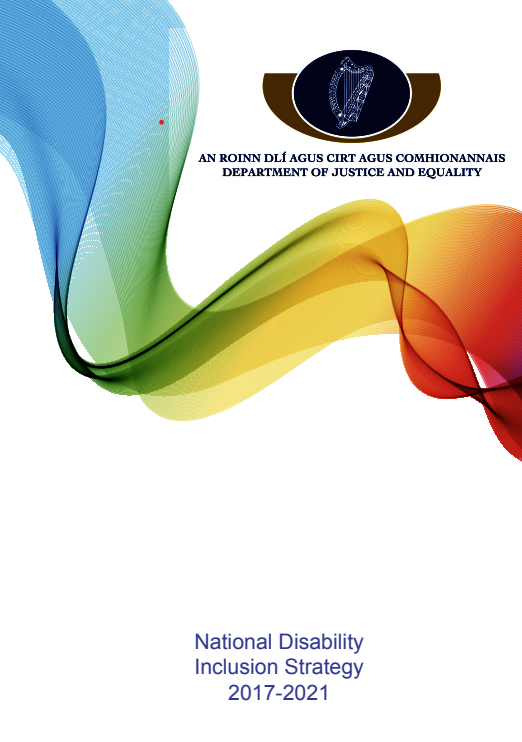National Disability Inclusion Strategy 2017-2021
This strategy aims to make sure that disabled people can participate fully in society by addressing barriers to inclusion. It includes specific aims related to housing, accessibility, and promoting independent living, and reflects a holistic approach. This means looking at all aspects of disability inclusion in society.
>
Key Housing Elements of the NDIS
Accessible Housing
- The NDIS highlights the importance of making sure that housing is accessible to disabled people. Accessible housing features include wheelchair ramps, widened doorways, adapted bathroom facilities, and other changes to accommodate different mobility and sensory needs.
- The strategy promotes the building of new accessible housing units and the adaptation of existing housing stock to meet the needs of disabled people.
Independent Living Supports
- The NDIS recognises the importance of supporting disabled people to live independently in their own homes and communities.
- Housing parts of the NDIS include measures to provide appropriate supports and services, such as personal assistance, home care, and assistive technology, to enable disabled people to live independently and to keep their housing stable and secure.
Affordable Housing Options
- Affordable housing is a main priority of the NDIS, ensuring that disabled people have access to housing options that meet their financial needs.
- The strategy includes measures to increase the supply of affordable housing units through government subsidies, incentives for developers, and partnerships with housing providers.
Housing Adaptation Grants
- The NDIS supports housing adaptation grants to help disabled people in making necessary changes to their homes to improve accessibility and safety.
- These grants may cover the cost of installing ramps, handrails, stair-lifts, accessible bathroom fixtures, and other adaptations to accommodate specific disability-related needs.
Supportive Housing Models
- The NDIS promotes the development of supportive housing models tailored to the needs of disabled people, including those with complex support needs.
- Supported housing may include on-site support services, such as counselling, healthcare, and social activities, to promote independence and community integration.
>
Support and Services Elements of the NDIS
Personal Assistance Services
- The NDIS recognises the importance of personal assistance services in supporting disabled people to live independently.
- Personal assistance services may include help with daily living activities (e.g., dressing, bathing, meal preparation), transportation, household duties, and accessing community services.
Assistive Technology and Aids
- The NDIS acknowledges the role of assistive technology and aids in improving the independence and quality of life of disabled people.
- Assistive technology may include mobility devices, communication aids, sensory aids, environmental controls, and other devices or equipment that support daily living.
Skills Development and Training
- The NDIS prioritises skills development and training opportunities for disabled people to build their independence and self-sufficiency.
- Training programs may focus on areas such as self-care skills, household management, budgeting, communication skills, and advocacy.
Information and Support Services
- The NDIS highlights the importance of accessible information and support services to help disabled people to access available supports and resources.
- Information services provide guidance on rights, entitlements, and available services, empowering people to make informed decisions.
